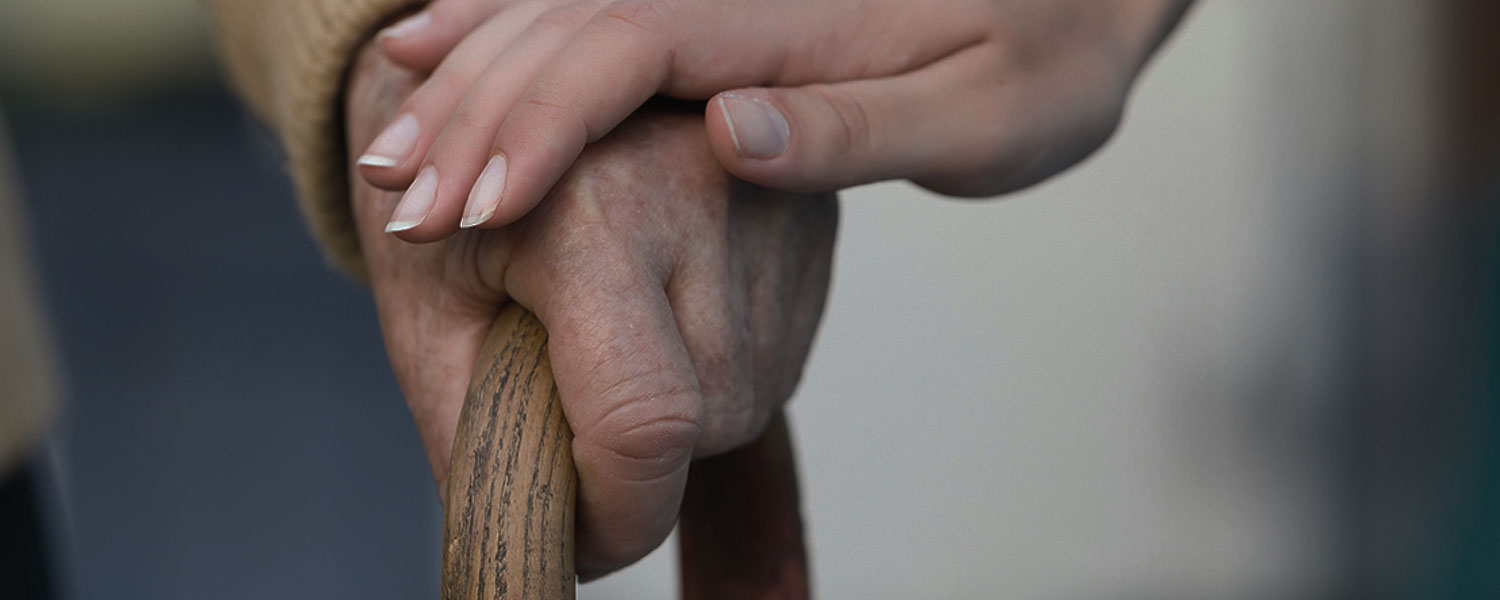Pressure Ulcers and Bedsores
A Clear Sign of Nursing Home Negligence
Bedsores (also known referred to as “pressure ulcers” and “decubitus ulcers: ) represent a serious threat to the health of nursing home residents. Pressure ulcers are caused by unrelieved pressure. Residents who are bedridden and immobile are at increased risk. Unless a resident is turned or repositioned, the pressure will result in bedsores. Dehydration and malnutrition are other risk factors. So is being incontinent. Simply put, pressure ulcers are almost always the result of nursing home neglect, and will support a claim for negligence. As a South Carolina nursing home negligence lawyer with the help of legal nurse consultant, I can evaluate a claim for negligence involving bedsores and advise a family of its legal options..
An Ounce of Prevention
Of course, prevention on the front end is better than litigation after the fact. To prevent the development of bedsores for an at-risk resident, there are many steps that staff should be taken, including:
- Repositioning the resident a minimum of every two hours.
- Inspection of the skin at least once daily.
- Reduce the elevation of the head of the bed to reduce sliding.
- Keep the skin dry and clean.
- Make sure the resident has proper nutrition, especially calorie and protein intake.
- Mobile activity when possible.
- Use of an air mattress or other specialized bed.
As mentioned elsewhere on this site, visit often, ask questions and advocate for attention and the care outlined above. So, you can demand that your loved be turned and repositioned, help her move around if possible, give her plenty of fluids and make sure she is fed protein at mealtime. Complain if water is not kept within reach or if it is clear she is not being given water and fluids. Ask about protein supplementation. If your family member is losing weight, demand to know why. Don’t be shy. You may be your family member’s last best hope.
One other point: Incontinence (the inability to control bowel or bladder) is a risk factor. So, do everything you can to see that the resident is not declared incontinent if he can actually anticipate the need to go to the bathroom. But, if he is incontinent, there is no accuse for him sitting in a wet or soiled brief. Sitting for prolonged periods of times in a brief that needs to be changed will contribute not only to skin breakdown but will also significantly increase the chances of infection once there is a skin break.
The National Pressure Ulcer Advisory Council has published these “Pressure Points” to help you help your loved one.
Bedsore Staging
As stated above, bedsores are caused by unrelieved pressure on the skin that results in damage to the underlying skin tissue. If despite your advocacy, a resident develops a bedsore, the nursing home has a responsibility to take an active and aggressive approach to healing the bedsore. The most important part of healing is early detection, which should happen during daily skin inspection. There are four stages of bedsores:
-
- Stage I – Redness caused by pressure.
- Stage II – Thinning of skin, like a blister or abrasion.
- Stage III – Damage to the underlying tissue that appears as a deep crater or blister.
- Stage IV – Full skin loss with extensive damage to the skin and underlying tissue, involving necrosis.

Pressure Sores of patient skin which extends from skin into muscles and bone. This is medical illustration.
After detection of a bedsore, a review of the resident’s charts should be made to identify what caused the bedsore. At that time, all caregivers (dietician, doctor, nurse and CNA) should be consulted to develop a care plan to promote healing of the bedsore. Demand that a wound care nurse be called in for a consultation. If the preventions listed above have not been in place, demand that these interventions be implemented as soon as possible.
Once there is a Stage III or Stage IV pressure ulcer, my complaints would be more often and louder. I would visit more frequently if that is an option or have someone who watch and demand that the resident be turned and repositioned at least every two hours. Obtain at least 6 months of medical records, record names of caretakers you deal with and it is probably time take pictures of the injury so you are prepared with the nursing home tries to downplay the suffering. Schedule an appointment with the residents physicians, and Stage IV is cause to demand sending her to the hospital.
Also, the South Carolin Office of Aging has published this brochure regarding reporting abuse and neglect. Moreover, you can report nursing home abuse or neglect to one of the South Carolina Ombudsman’s regional offices.
Pressure Ulcer Complications
Pressure ulcers are a serious health condition and should be treated as such. An open wound is an opportunity for infection, which can lead to cellulitis or even sepsis. Bedsores are also painful, and can quickly impact the quality of life for a resident. Interventions for the treatment of pressure ulcers include an air mattress, increasing protein in the diet through supplementation, turning and repositioning frequently, debridement, antibiotics, ointments, and keeping the skin dry.
An Experienced Nursing Home Negligence Lawyer
I am an experienced nursing home negligence attorney who has handled numerous pressure ulcer cases. If you have a loved one who develops a stage IV pressure ulcer, suffers pain, and/or develops an infection, then get resident to the hospital. I tell people focus on the getting your family member healthy before turning your attention to your legal options. However, when you decide to discuss your loved one’s legal options, I can help. If you need help evaluating your family member’s care for medical negligence, call me at thed at 864-242-4800.




